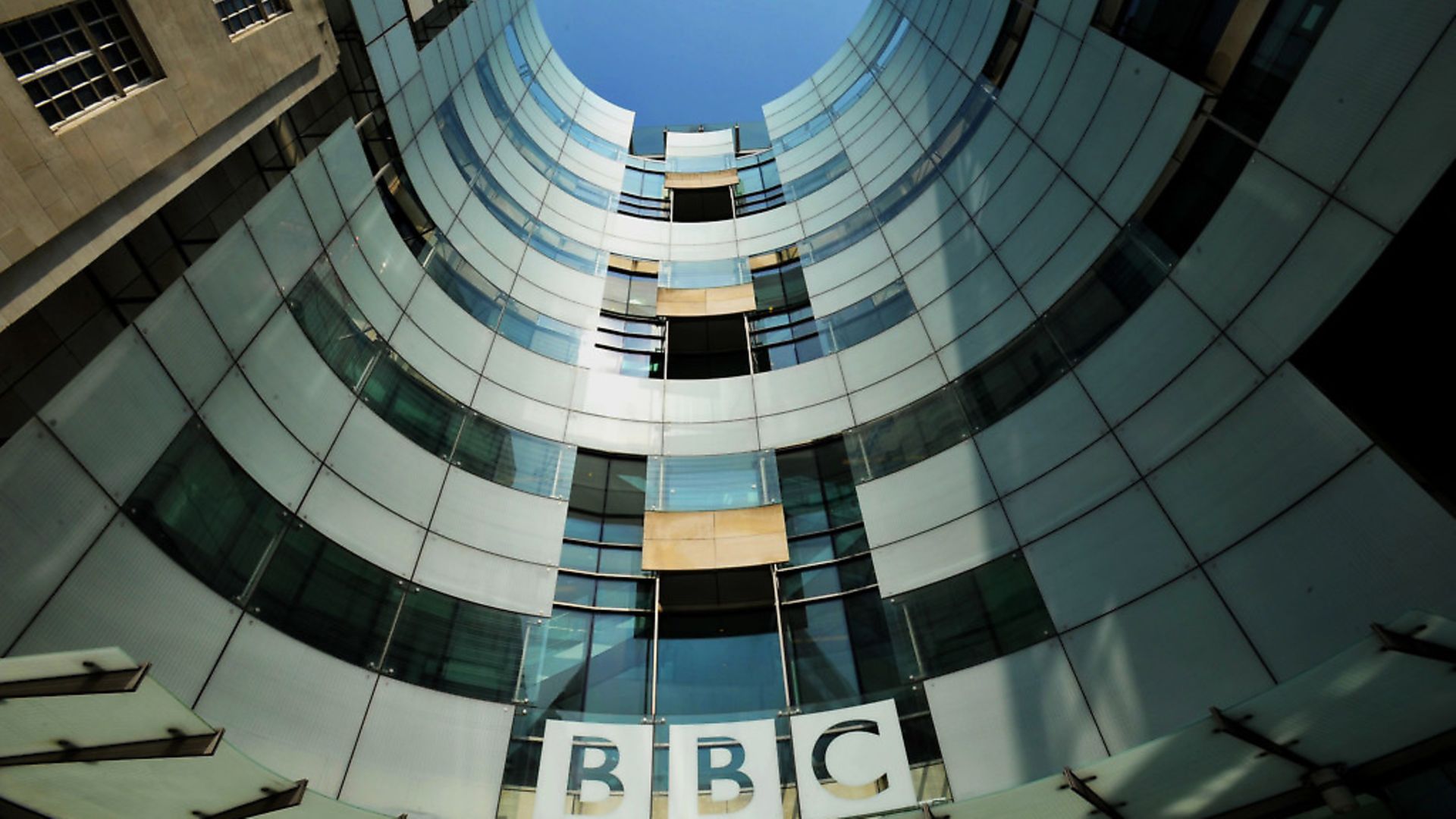
Why those attacking the BBC are picking the wrong target.
For almost two and a half thousand years, political leaders have been warned against the dangers of shooting the messenger, and for much of that time the message has gone unheeded.
Such is the risk for frustrated Brexit opponents focused on the BBC as a newly-found target of ire – the UK’s public broadcaster has, they say, a bias towards Brexit, a habit of booking Nigel Farage far too often, an unwillingness to speak the truth about the potential disasters we face.
It would be easy to join in on such attacks, and it would be ridiculous to suggest none of them are fair: the BBC struggled during and after the referendum to tackle the willingness of Leave campaigners to repeat false statements and statistics, most notably in the case of Leave’s pledge to give the ‘£350 million a week’ we supposedly give to the EU to the NHS instead.
But legitimate criticism can quickly spill over into outright attacks on a public service we would be far poorer without, and can risk blaming the BBC for problems it merely reflects, rather than enables – and can forget much of the BBC’s coverage of Brexit is sharp and insightful (the Brexitcast podcast especially so).
The BBC, as a publicly-funded broadcaster, has even stricter requirements to reflect political parties than other broadcasters – who face tight impartiality rules already. These include strict requirements reflecting the vote share of political parties in the number of appearances across news and political programming.
And while UKIP may never have triumphed in Westminster elections (barring after defections), the party consistently got high national vote shares in local and EU elections – even winning the 2014 vote. This vote share is significant enough to entitle the party to a certain number of appearances and reflections on the BBC – which is as it should be: voters deserve to see their views reflected on air.
Parties then have some say in who they put forward: the BBC can’t force certain people to appear. Instead, parties and producers engage in an eternal tussle to book who they can, and for smaller parties (this happens to a lesser extent with the Liberal Democrats too), that means lots of appearances for a small number of faces. In the case of UKIP, it means far more screen time for Nigel Farage’s face than any reader of this newspaper would likely wish to see.
It is not the fault of the BBC if Farage is a better advocate for his cause than we would like: his ability as a long-time elected (if indolent) MEP, who employed his wife, with a history as a metals trader, to get away with seeming like someone outside the establishment should raise questions as to why those who oppose him can’t manage it, rather than just make us wail that he shouldn’t be on television. And while Farage has the all-time record as the 11th most prevalent BBC Question Time guest, the ten people ahead of him are all europhiles.
The media landscape without the BBC, or with a weakened BBC, is not one that would suit those trying to soften or reverse Brexit. Sky News, ITV and Channel 4 News all share duties of impartiality. The circulation of pro-Brexit newspapers is more than double the circulation of papers backing Remain. The BBC is merely serving as a lightning rod for a wider media climate.
Even the media, in turn, is but a lightning rod: the real threat for anyone seeking to reverse Brexit is the total lack of political will to do so. Right now, the Conservative party and Labour together are polling at above 80%. Both parties are pledged to enact Brexit, both parties presently reject any call for a second referendum, and neither party at present plans to remain in the single market.
If the media is missing voices which are regularly and consistently calling for a reversal of Brexit, it is because those voices are not currently on the front benches of British politics – except in the Liberal Democrats, who hold just 12 of 650 parliamentary seats and just 7% of the national vote share, as well as Plaid Cymru and the SNP, who obviously don’t stand for election in England, the Union’s most populous country by far.
It is a difficult truth for those of us opposed to Brexit, but a large part of the reason the UK voted to leave was that the Remain campaign was dire. To a country ten years into a pay freeze, and six years into austerity, it ran an out-of-touch, tedious, and directionless campaign – a plea to trust the establishment and hope for things to carry on as they are. It made gaffe after gaffe, and when it tried to meet Leave campaign dishonesties – with George Osborne’s utterly unbelievable budget – it couldn’t even find a decent lie.
Yes, Leave fibbed – but Remain got out-argued, out-fought and out-foxed in every way. That’s the political position we’re in, needing new and fresh arguments to make the case to review Brexit, and needing a dramatic change in the political situation to make any reversal of Brexit feasible.
These problems all lie in politics, and there’s a rapidly ticking clock on how long is left to try and tackle them. We should indeed be wary of shooting messengers – every day focused on the BBC is a day not focused on politics. And we should keep another classical allusion in mind: are we fiddling while Rome burns?
Warning: Illegal string offset 'link_id' in /mnt/storage/stage/www/wp-includes/bookmark.php on line 357
Notice: Trying to get property 'link_id' of non-object in /mnt/storage/stage/www/wp-includes/bookmark.php on line 37







